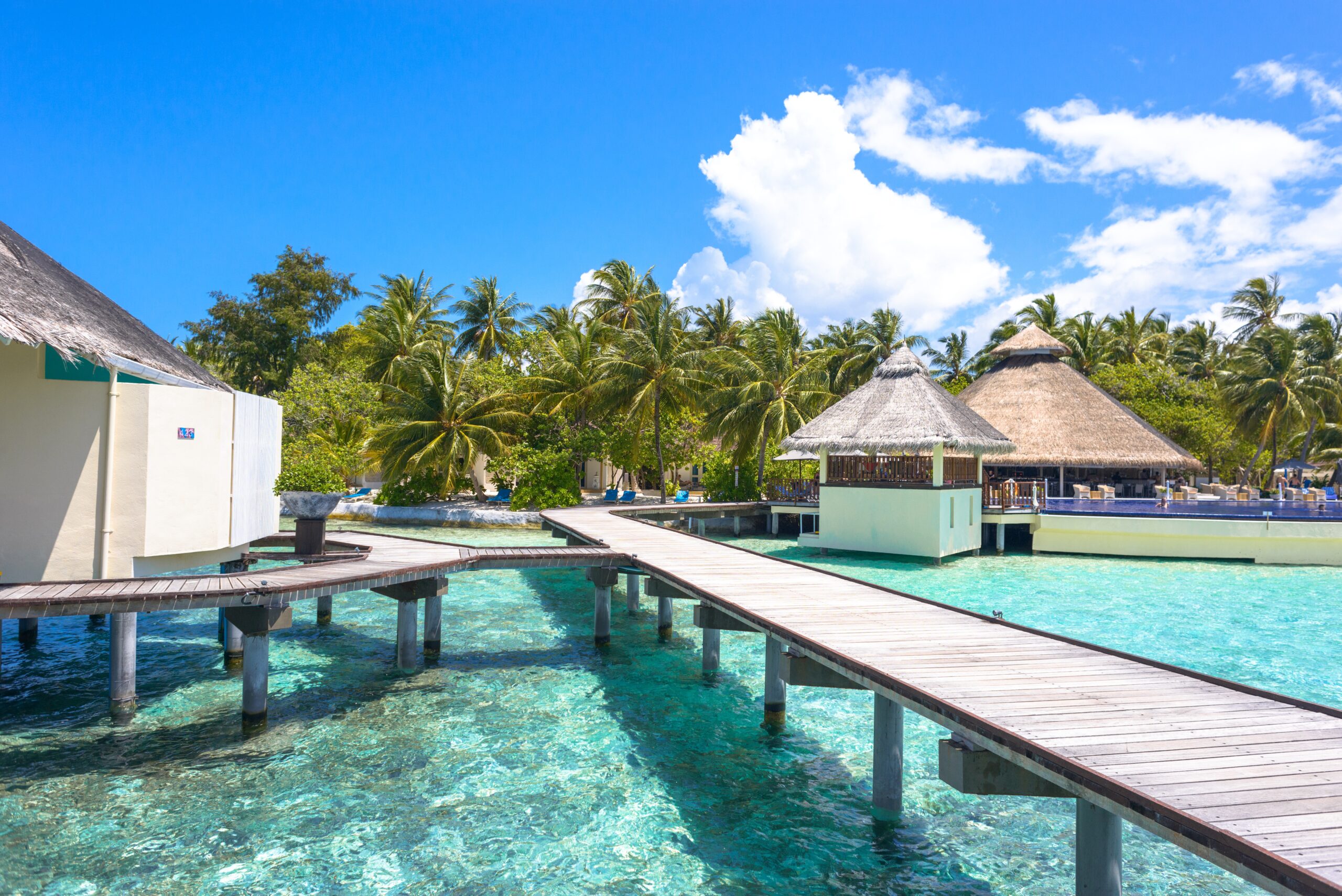Environmental Problems in Maldives
The Maldives, a small island nation located in the Indian Ocean, is facing several environmental problems. Some of the major environmental problems in the Maldives include:
Rising sea levels
The Maldives is one of the countries most vulnerable to the impacts of climate change, particularly rising sea levels. The country’s low-lying islands are at risk of being submerged by the sea, which could displace thousands of people and cause significant economic and environmental damage.
Coral reef degradation
The Maldives is home to some of the most spectacular coral reefs in the world, but these reefs are under threat from a range of factors, including climate change, overfishing, and pollution. Coral reef degradation can have significant impacts on the country’s tourism industry and marine biodiversity.
Waste management
The Maldives has a significant waste management problem, with much of the waste generated in the country ending up in the ocean or on the beaches. This not only has negative impacts on the environment but also affects public health.
Water scarcity
The Maldives relies heavily on groundwater for its freshwater supply, but overuse of this resource has led to water scarcity in some parts of the country. This can have significant impacts on agriculture, tourism, and public health.
Loss of biodiversity
The Maldives is home to a wide range of unique and endangered species, including sea turtles, dolphins, and whale sharks. However, habitat destruction and overfishing are threatening the country’s biodiversity.
Coastal erosion
Due to the rising sea levels, the Maldives is also experiencing coastal erosion, which can lead to loss of land, damage to infrastructure and properties, and endangerment of communities. This can also have severe impacts on the tourism industry, which is the country’s main source of revenue.
Air pollution
The Maldives is a small island nation with a rapidly growing population, and the increase in vehicular traffic and industrial activities has led to a rise in air pollution. This can have significant impacts on public health and the environment.
Overfishing
Fishing is an important industry in the Maldives, but overfishing is a significant problem, which can lead to the depletion of fish stocks and other marine resources. This can affect the livelihoods of local communities and have significant impacts on the country’s economy.
Deforestation
The Maldives has limited forest cover, and deforestation is a significant problem due to the increasing demand for timber and other forest products. This can lead to soil erosion, loss of biodiversity, and other environmental problems.
Addressing these environmental problems in the Maldives will require a multi-sectoral approach, including sustainable development, conservation of natural resources, and climate change adaptation and mitigation. The government, private sector, civil society, and international partners need to work together to find innovative and sustainable solutions to these challenges.



